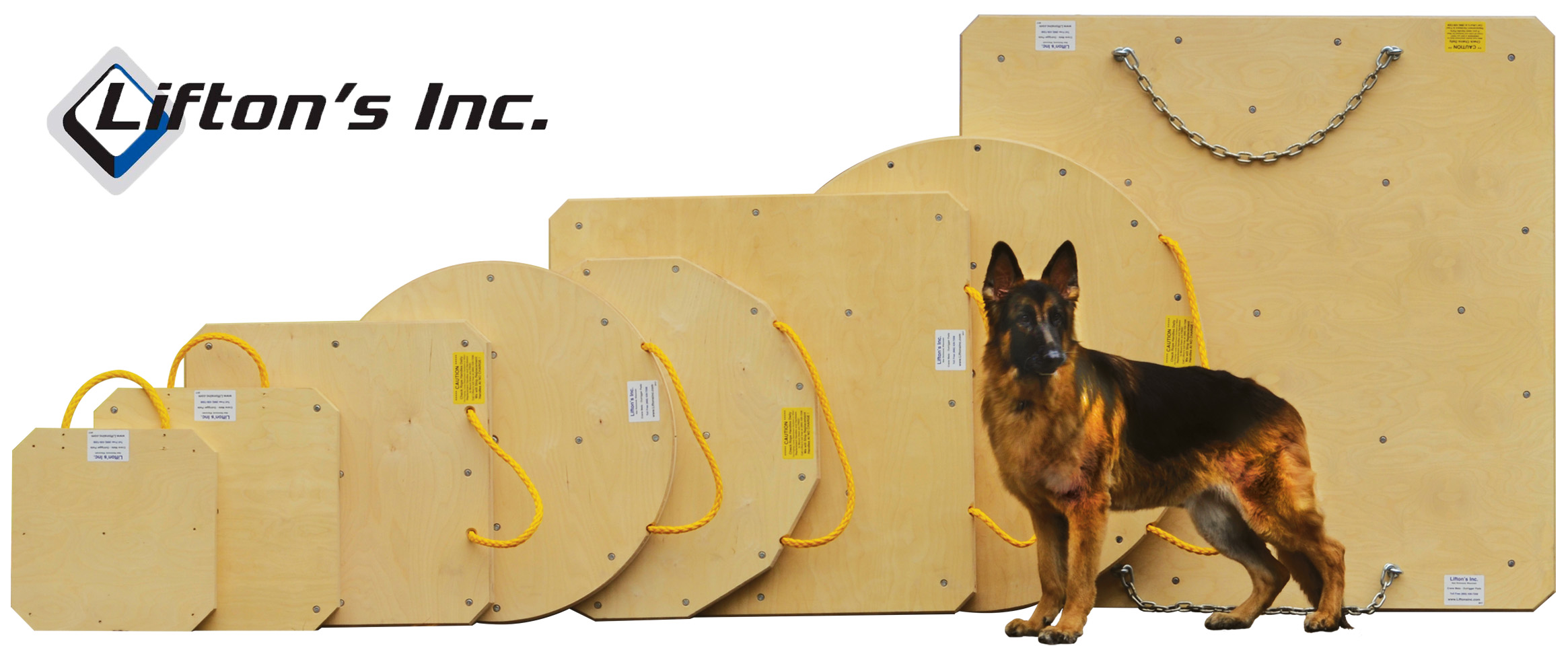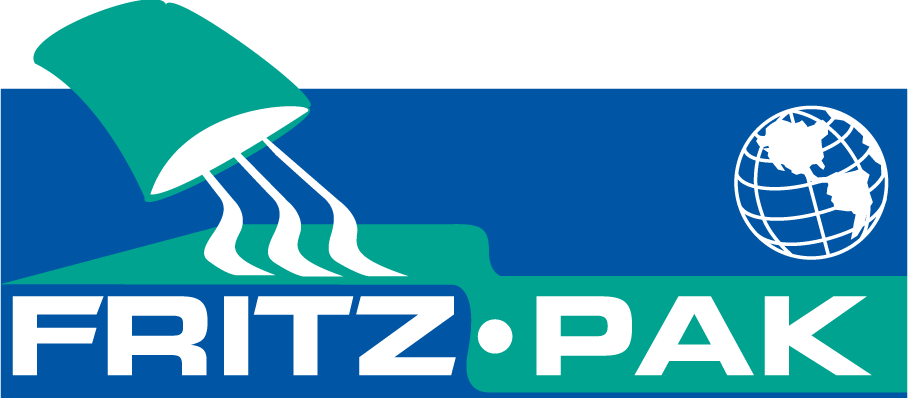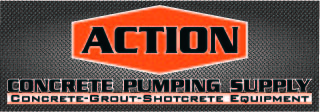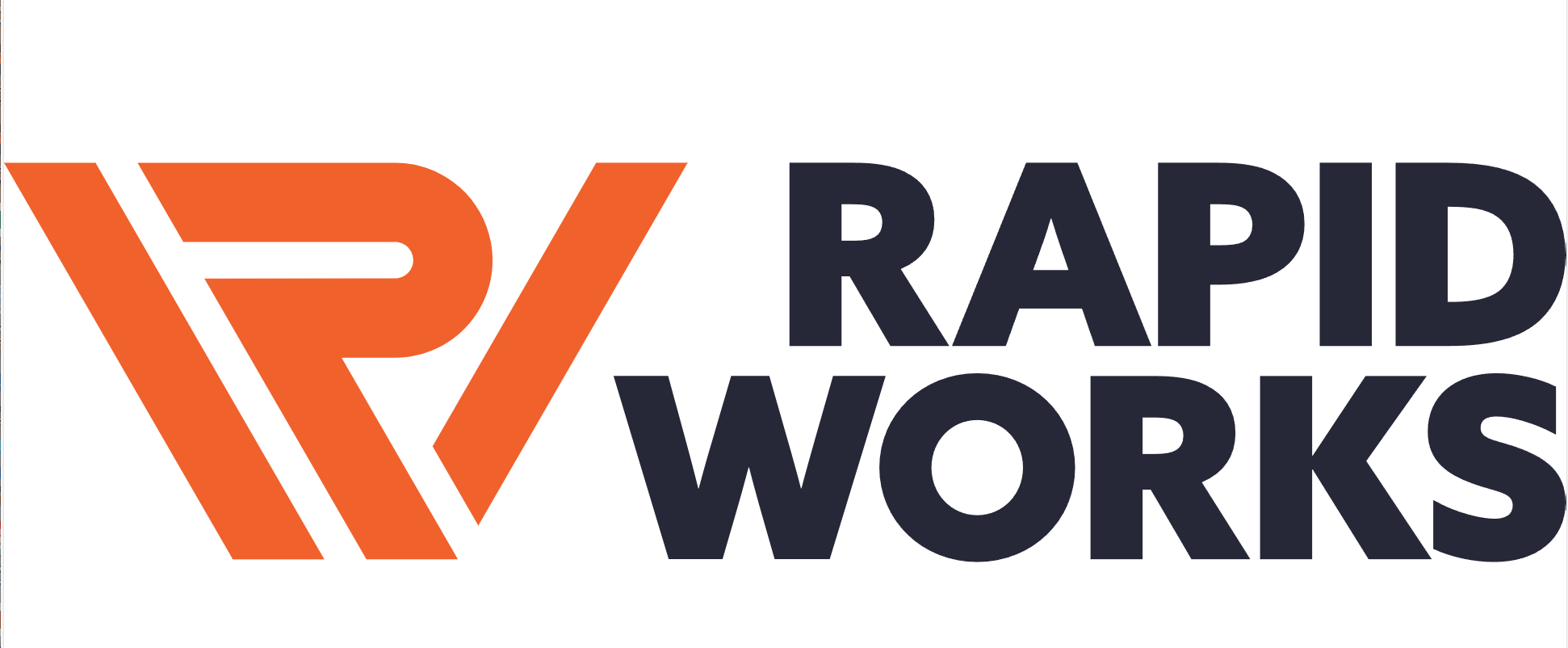Show Me the Money
SHOW ME THE MONEY (How to think "profitability" in the Concrete Pumping Business)
Part 1: The problems with our industry today are .
Pumpers are poor businessmen, there are too many pumps, and we don't know how to market.
Let's face it. Very few pump company owners have MBA's. Planning is usually limited to trying to cover the pump payments and pay the bills every month. The checkbook balance manages operating costs. Marketing is cutting the prices to keep the pumps busy. The only accounting that gets done is by the tax accountant. A loan officer gives us our best clue about the strength of our business.
We add pumps to our fleets to increase our share of the market and then cut our prices to keep them busy. We get busy because of our cheap prices so we buy more pumps. Our competitors do the same thing so there are too many pumps chasing not enough work and you can't get a profitable price on the jobs we pour. The Law of Supply and Demand applies to the price of concrete pumping just as it does to the price of grain.
Marketing in the pumping industry is seldom more than price cutting and buying more and bigger pumps. We keep offering more and more, for less and less, and try to make it up in volume. We've got to have every job, keep all the pumps busy, get the job away from the competitor. We keep digging ourselves into a deeper and deeper hole. Most of the companies I have watched go out of business were running their wheels off when they closed their doors. Worst of all, our price-cutting destroys our customer's respect for ourselves and our industry.
Part 2: Be part of the solution, not part of the problem.
There is a better way. It is completely profit driven and dependent upon careful planning. It needs cool-headed business logic. It requires the courage to walk away from ventures that don't or won't turn a profit.
For whatever reasons, you've selected concrete pumping as the product/service that your business is going to offer, but you decided to start your own business so you could collect more than wages. That's profit. The pumping business is one of the toughest businesses to run. It's not worth doing if you can't make money doing it.
Profit is, or should be, the primary goal of your business. You should always know whether you're making a profit or not. You should test every business decision for its likelihood of profitability before you make it. Everything follows from this.
1.Plan your business to make a profit and then work your plan.
2.Obey the Law of Supply and Demand.
3.Make your service worth a profitable price and convince your customers that it is.
If you fail to plan to make a profit you will probably fail to make a profit. Develop, write out, and follow a well-thought-out plan for your business. Make sure that decent profitability is a basic part of that plan. Read and follow the article: "Planning for Business Success". Consider the planned-for profit as a basic cost of operations. If you can't cover your other costs you will be forced out of business. If you can't cover your "profit cost," get yourself out of the business.
Setting your prices? First, know what your costs and unit costs are. Take the time to learn how basic accounting works. Keep your records up to date and accurate. Do a monthly Profit and Loss Statement. Get help from your accountant, your wife, or a computer program. Use the pumping cost forms on www.pumpingcompanies.com. Always know what your costs are so you are sure you are making a profit as you go. Set your prices to include profit and stick with them.
Thinking about buying a pump? Check your current operation before you do. Make sure you are getting maximum profit from the pumps you have now, before you add to your fleet. There is no point in building a larger non-profit business. Then check your market.
Are nearly all of the pumps in your market doing at least one job a day? Are all of yours? Do at least some of the pumpers in your market area routinely get their published price? Are you getting your price, and are you making a decent profit? Are you turning away enough work to keep another pump busy nearly every day? If you can answer yes to these questions there is probably room in your market area for another pump. If not, remember there is no point in building a larger non-profit business. Instead of adding a pump, turn your attention to making your existing business more profitable. Divert your customers from their "lowest bid" mentality. Learn how to make your service special and how to get your customers to pay a fair price for that service. It can be done and is being done in some markets. Read the article "GETTING AND KEEPING CUSTOMERS" (without cutting the price)".
Don't bid jobs, quote rates. Be an equipment rental service working by the hour, not a contractor working by the job or unit (yard, square foot). You have no control over how well the job is run or the pour organized. But you know that time is going to be wasted or lost on every pour. Don't let lost or wasted job time cost you money, get paid for it.
Small jobs are more likely profitable, big ones usually are not. (The exponential increase in wear during high speed pumping, paid time vs. yards pumped, and the bidding process, make this true). Pump for customers who pay on time, let your competitors have the ones who don't. The only discount you should offer is to encourage your customers to pay C.O.D.
New companies, small companies, and owner/operators like to think that because they are using cheaper equipment and have less overhead, they can pump cheaper than the big guys. However, they also have greater maintenance costs, higher interest rates, less cash flow, less financial depth, less equipment flexibility, fewer economies of scale, more critical operator problems, etc. These businesses need to gather and bank all the profit they can to insure against hard times and build their businesses. They need to charge as much as anyone else.
Never quote a rate below your highest competitor. His price is the price most likely to turn you a profit. You want to support his efforts to keep the prices up and you don't want to tempt him to lower his price to meet yours.
If there are too many pumps in your market driving the prices down, you can elect to trim your fleet. Better to have three pumps making money than five pumps losing it, and it's easier. Keep your ego out of it, it's a business decision.
One the smartest people in our industry sold off his whole fleet some years ago. He correctly saw his market heading into a slump and knew he could not remain profitable. He put his money in a different business and waited it out. After a few years his pumping market improved and he jumped back in just in time to ride a 10-year wave of building prosperity, profitably.
The primary goal of your business should be making a profit. Make this goal your guide for every business decision you make.
Written By Eisele, Fred UsedConcretePumps.com
Published by ConcretePumping.com

_1.png)









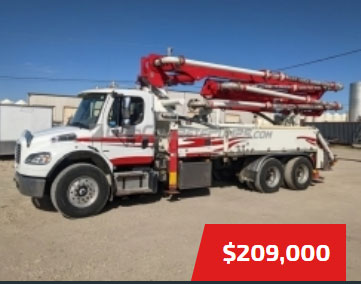


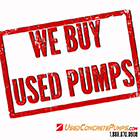

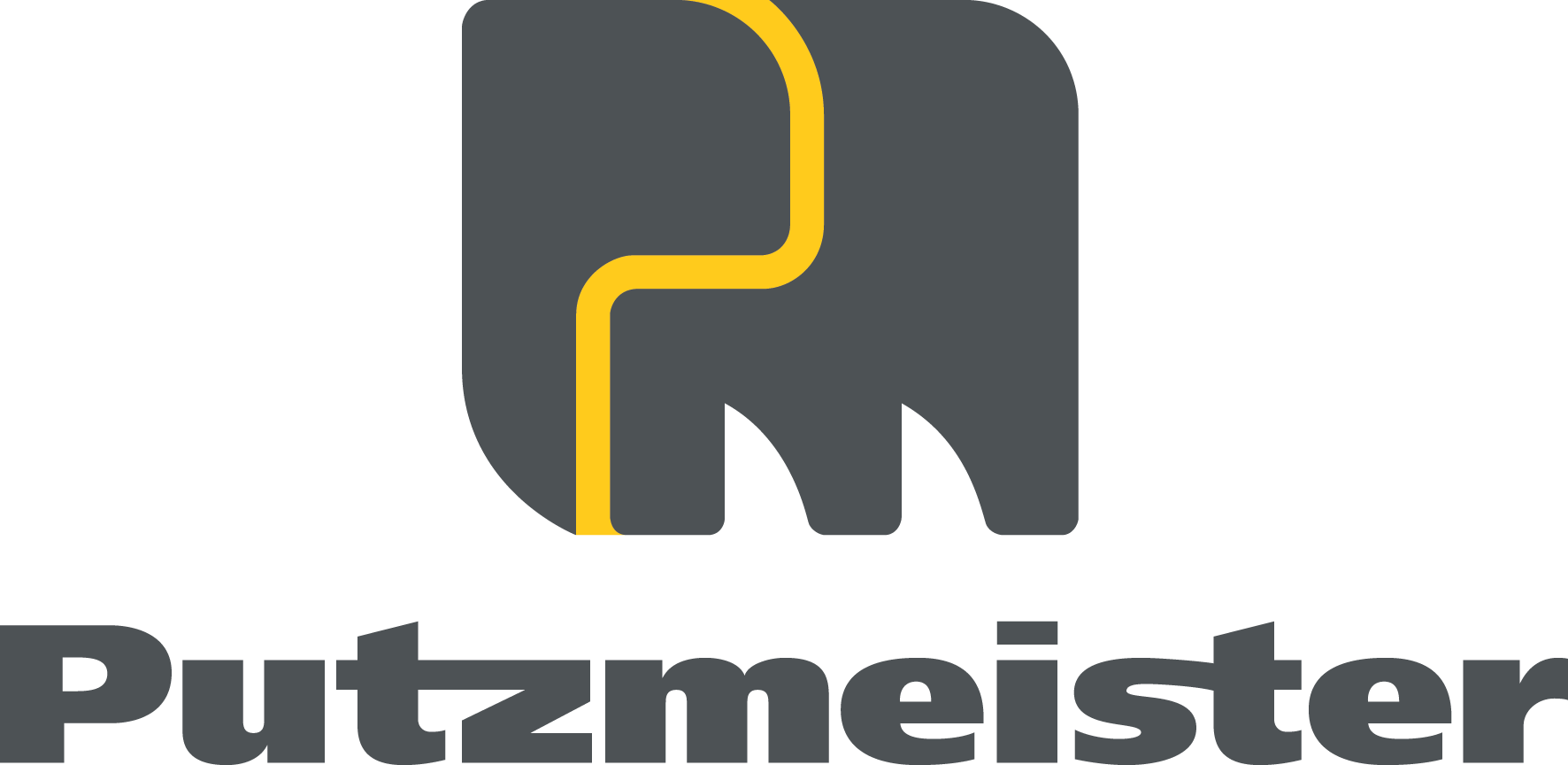



.jpg)
.gif)

.jpg)









.jpg)
